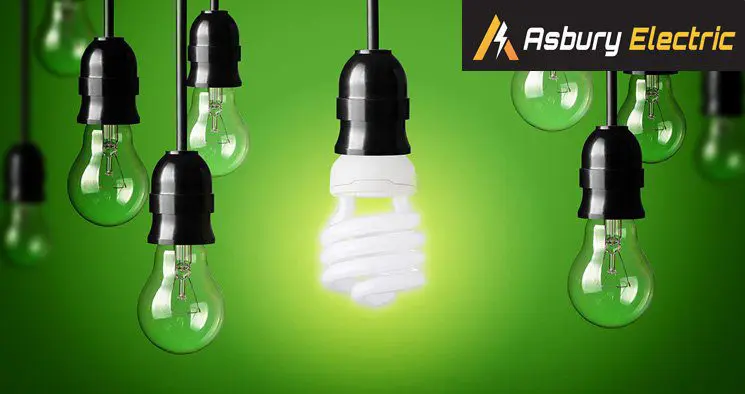Did you know that almost half of the energy a home uses is for heating and cooling? According to the U.S. Department of Energy, Americans spend, on average, $400 on cooling and $600 on heating their homes every year. With summer around the corner and temperatures heating up, wouldn’t it be nice to cut down on those bills? What would you do with the money you save? Camping, a trip to the beach, more barbecues? Here are a few easy things you can do to help your home’s energy saving:
Energy Saving Tips
- Switch out old light bulbs with LED bulbs. They use less energy and create less heat than older incandescent bulbs. They can also last for 20 years before they need to be changed .
- Turn off electronics when you’re not using them. While they don’t put out a large amount of heat, any screen such as TVs, computers, and monitors will use up a lot of energy if left on. Make sure you turn them off when you’re not using them. This will help your energy saving.
- Maintain your HVAC system. Call up your heating and cooling company to have your air conditioning unit checked regularly and change the filter. The U.S. Department of Energy says that changing your filter can save between 5 to 15% of the energy the system uses. This will allow the air to cycle through and be cooled with less effort from your machine.
- Use a programmable thermostat to raise the temperature when you aren’t at home. Schedule the temperature to rise 5 or 10 degrees at the time you leave for work, and for it to lower to a more comfortable temperature 15 or 20 minutes before you normally get home. There’s no point in cooling the house if there is no one there. If you are unsure on how to install a thermostat, a residential electrician can easily help you out with installation and programming.
- Keeping the inside of your house cool will make it easier on your a/c unit. Pull down the blinds to keep out sunlight and refrain from running appliances that create a lot of heat during the hottest parts of the day. Take advantage of your clothes line and allow laundry to air dry, or try grilling outside or using a crockpot instead of using the stove.
- Using ceiling fans will help circulate cool air throughout your home, which takes some of the workload off of the air conditioner and increases energy saving. Be sure that your fans are turning in the correct direction. During the winter the fans should turn clockwise to push hot air down. In the summer, flip the switch so the fan can pull the hot air up, away from you.
- Fans are also a great way to cool a small area. If you are going to be in a specific room for an extended period of time, turn on a fan so that it is blowing on you. Fans don’t cool rooms as much as they cool people by pushing hot air away from you and replacing it with cool air. Turn on a fan when you are working at your desk or relaxing in front of the television.
- We all know that hot air rises, so naturally the hottest part of your house is going to be the upstairs. If possible, close doors to seal off rooms on the second floor and stay downstairs during the day if you can. Close the vents to upstairs rooms during the day. Open the vents and turn down your thermostat at night to cool off bedrooms.
- Ask your residential electrician to come out and check your home to make sure there aren’t any appliances creating excess amounts of heat or using extra energy.
- Check all windows and doors for gaps. If you find one, easily seal it with peel and stick foam strips or something similar. This will keep cool air in and warm air out.
- Do a quick walk through of your home and check all the vents. If any of them are even partially blocked, the cold air isn’t able to come through as efficiently. Move things out of the way so the vents can do their job.
In some cases, replacing your air-conditioning unit with a newer, more efficient model may be the best decision, but if you aren’t prepared for such a large price tag, you can try following some of these tips to help your air-conditioning unit. Not only will they help the system run more efficiently, but they will also help the house cool in alternative ways, so the system has less work to do.

